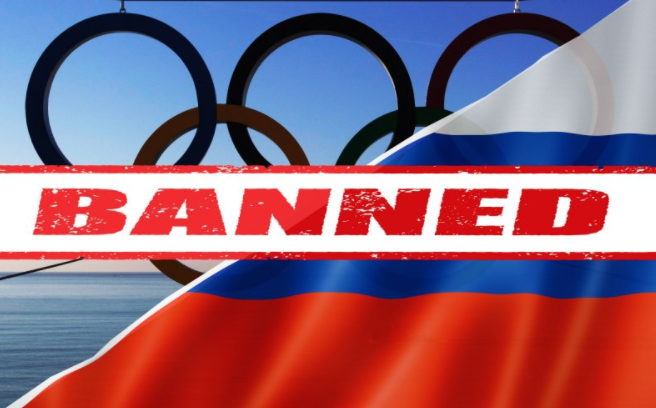
The International Olympic Committee (IOC) on Tuesday decided to ban Russia from competing in the 2018 Winter Olympic Games in Pyeongchang, South Korea. Although the IOC agreed that Russian athletes who can prove themselves clean can still take part in the Games, they can only compete under a neutral flag without wearing the Russian national emblem. If they were to win gold medals, the Russian flag would not be hoisted and their anthem would not sound. It means the upcoming Games will thoroughly wipe out any trace of Russia.
The IOC also accused Russia of "systemic manipulation of the anti-doping rules and system." Russia has thus become the first country to be banned fromthe Olympic Games due to doping. Management personnel in Russia need to reflect seriously, hold relevant people and organizations accountable and regain the trust of international public opinion. However, the penalty seems a bit too heavy.
There are complaints that the IOC evidence is not comprehensive enough and the decision was made on the basis of testimonies from a small number of people. Key evidence is missing. For example, no documents or proof have been found indicating the Russian government has been encouraging its athletes to use stimulants or that high-level Russian officials gave similar orders. The entire Russia team was banned anyway, which posed quite a difficult problem for clean Russian athletes.
Evgenia Medvedeva, world champion Russian figure skater, said she cannot accept competing as a neutral athlete. It is believed that other clean Russian athletes are also hurt by the penalty. They cannot even wear their national emblem. How can they face the public in their motherland? Such a mental adjustment would affect their morale on the field, which may in turn affect their performance.
In the past, the Olympic Games were sometimes boycotted by countries. Opposing boycotts and realizing a reunion of all nations worldwide thus became a goal of the IOC. Surely excluding Russia, a major sports power, from the Games, is worth a second thought.
Ties between Moscow and the West are tense now. The expulsion of Russia will make people reckon that it is political and diplomatic pressure imposed by the West that brought about the ban. Preventing people from speculating about this would better benefit the long-term healthy development of the Olympic Games.
Some say Moscow used to have many allies during the times of the former Soviet Union. Once it raised its arm in a call for action, a number of nations joined it to boycott the 1984 Summer Olympics in Los Angeles. If today's Russia were as powerful as the former Soviet Union, the IOC wouldn't issue such a heavy penalty. Therefore Moscow was punished partly because it is no longer as strong and well-supported. From this perspective, the IOC's move still sounds quite political.
The Olympic Games should stay away from politics and try to prevent its audience from associating any incidents with politics. Many Russian athletes were stars of the Winter Olympics. It is believed that Olympic fans were looking forward to them performing in Pyeongchang.


